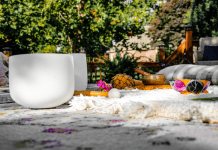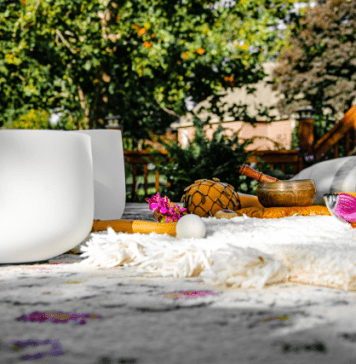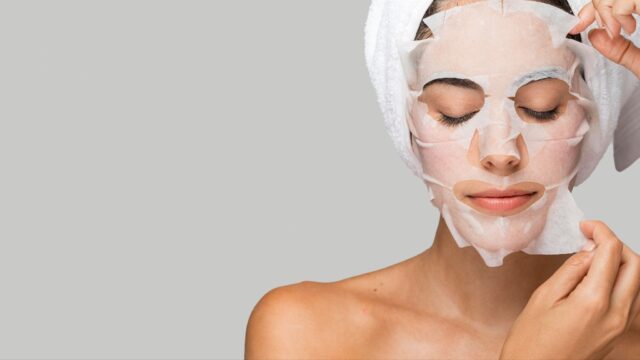
Choosing the best face mask could be a little bit difficult. This product has become a star of self-care routines worldwide because it offers a relaxed moment and could help your skin bring brightening and health. But what defines the best face mask? Let’s embark on a journey to uncover the secrets of these skincare marvels and determine what makes one stand out above the rest.
What is a face mask?
A face mask serves as a specialized skincare product crafted to impart highly concentrated ingredients onto your skin’s surface. These ingredients encompass a broad spectrum, encompassing moisturizing agents, antioxidants, exfoliating components and soothing compounds. Once applied to your face, the mask is left undisturbed for a designated duration, granting your skin the opportunity to soak up these advantageous elements. To select the best face mask for you, it’s important to know your kind of skin and the different types of masks.
Types of face masks
Masks come in various forms, each designed to address specific skin concerns. Let’s know the key categories.
- Clay masks: These masks are excellent for drawing out excess oil and impurities from the skin. They are ideal for oily and acne-prone skin.
- Exfoliating masks: They contain ingredients like alpha-hydroxy acids (AHAs) or beta-hydroxy acids (BHAs), they eliminate dead skin cells and give brightness.
- Sheet masks: They offer hydration and treat various concerns, depending on the ingredients.
- Gel masks: These provide a cooling effect and are ideal for sensitive or irritated skin.
- Hydrating masks: These are perfect for dry or dehydrated skin due to their moisture-boosting ingredients.
- Sleeping masks: These are applied before bedtime and work overnight to deeply hydrate and repair the skin.
Why use a face mask?
A face mask is a versatile skincare product designed to provide targeted benefits to the skin. Face masks offer numerous benefits beyond relaxation: They help cleanse, hydrate, and rejuvenate the skin. When you choose the best face mask, you can unclog pores, remove dead skin cells, and promote a smoother complexion. Some are enriched with antioxidants, combating free radicals and premature aging. Hydrating masks replenish moisture, while soothing masks reduce redness and irritation. Ultimately, incorporating face masks into your skincare routine can promote healthier, more radiant skin, making them a valuable addition to your self-care regimen.
In conclusion, the benefits of using face masks are:
- Hydration
- Exfoliation
- Purification
- Soothing
- Anti-Aging
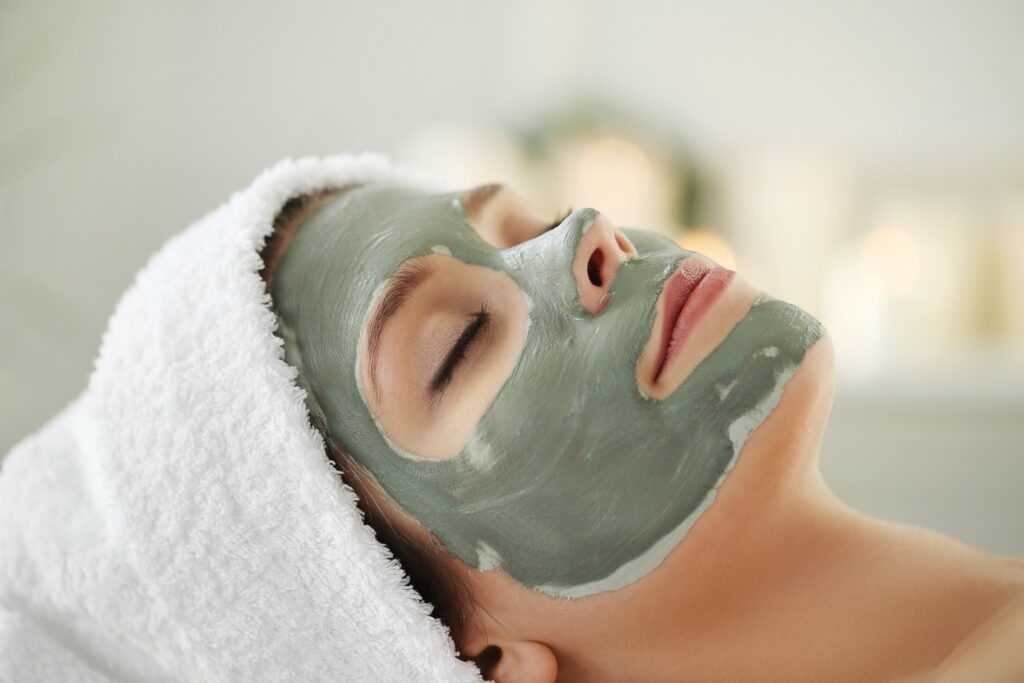
How to use a face mask?
Our faces aren’t uniform: different areas often have varying concerns. For instance, you might have an oily T-zone, dry cheeks, and some redness around your nose. Multi-masking allows you to customize your treatment to suit these individual needs. Using a face mask is a simple process:
- Clean your face, ensuring all makeup is removed.
- Apply the mask, avoiding the eyes and mouth areas.
- Leave the mask to act for the time indicated on the product.
- Remove the face mask using a wet cloth or following the product instructions.
How to choose the best face mask?
Face masks have become a must in skincare routines, offering benefits from hydration and purification. However, with innumerable options available in the market, selecting the best face mask for your skin can be a complicated task. Look at the active ingredients and if they align with your goals when searching for the best face mask.
- Hyaluronic Acid: for hydration and plumping.
- Niacinamide: to treat redness and achieve a uniform skin tone.
- Salicylic acid: ideal for acne-prone skin.
- Vitamin C: known for its brightening effects.
- Aloe vera: ideal for soothing and calming the skin.
On the other hand, the best face mask is one that can address your specific skin type.
- Oily Skin: Choose clay masks or those with salicylic acid to combat excess oil.
- Dry skin: The best choice is a hydrating mask enriched with nourishing ingredients.
- Sensitive skin: A gentle mask without fragrances or irritants is the best option.
- Combination skin: Using different masks on different parts of your face could be an effective option.
Every skin is unique and has different needs, so finding the best face mask sometimes requires experimentation. To discover the right mask, pay attention to how your skin reacts.
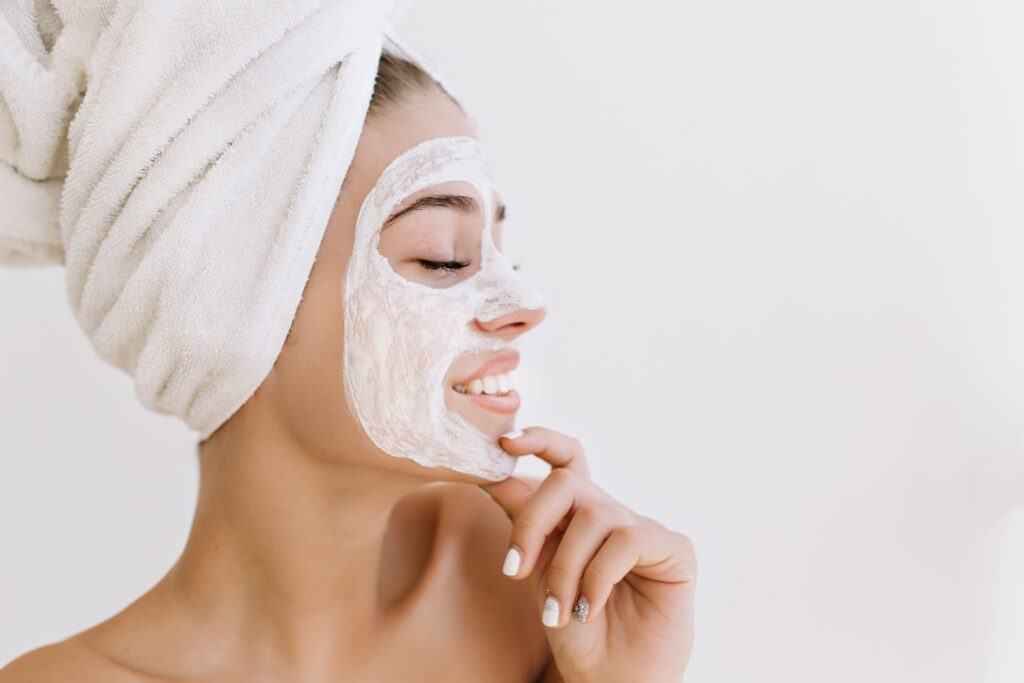
What other products can you combine facial masks with?
Combining a facial mask with other skin care products can improve its effectiveness and provide a complete skincare experience. Here are some products you can combine with a facial mask:
- Cleanser: Start with a gentle cleanser to clean your skin. That allows the mask to penetrate better.
- Exfoliator: Consider exfoliating your skin before applying the mask. This helps remove dead skin cells, allowing the mask to work more effectively.
- Toner: After removing the mask, apply a toner to rebalance your skin’s pH.
- Serum: Apply your serum after using a mask, depending on your type of skin.
- Eyes cream: Apply your cream to the eye contour.
- Moisturizer: Always finish your skincare routine with a moisturizer to maintain hydration.
- Sunscreen: In the morning, use sunscreen with higher protection.
In conclusion, the best face mask depends on your skin type and can treat your concerns using special ingredients. Remember that to see results, constancy is necessary, and skincare is a journey.


